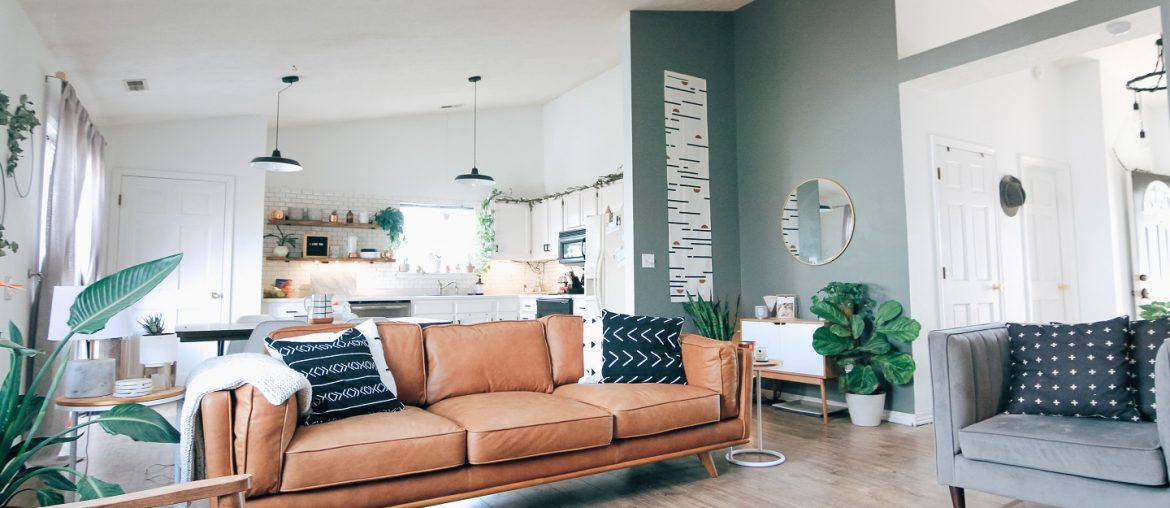The scorching heat of summer can be unbearable in this part of the world. With intolerable heat, there come numerous sets of problems. You are hot, sweaty, and uncomfortable most of the time. It gets even worse when the air inside your home becomes too humid. Nobody likes excess humidity in their home. Not only does it raise health concerns such as respiratory problems, allergies, and sleep deprivation, it can also have a damaging effect on your home. On the other hand, it can cause the same problems if the air is not humid enough. So it is absolutely necessary to maintain a healthy balance. But how do you control humidity in your home? Thankfully, there are actions that can efficiently help in reducing excess humidity. Here are five tips to reduce humidity in your home.
Use Exhaust Fans
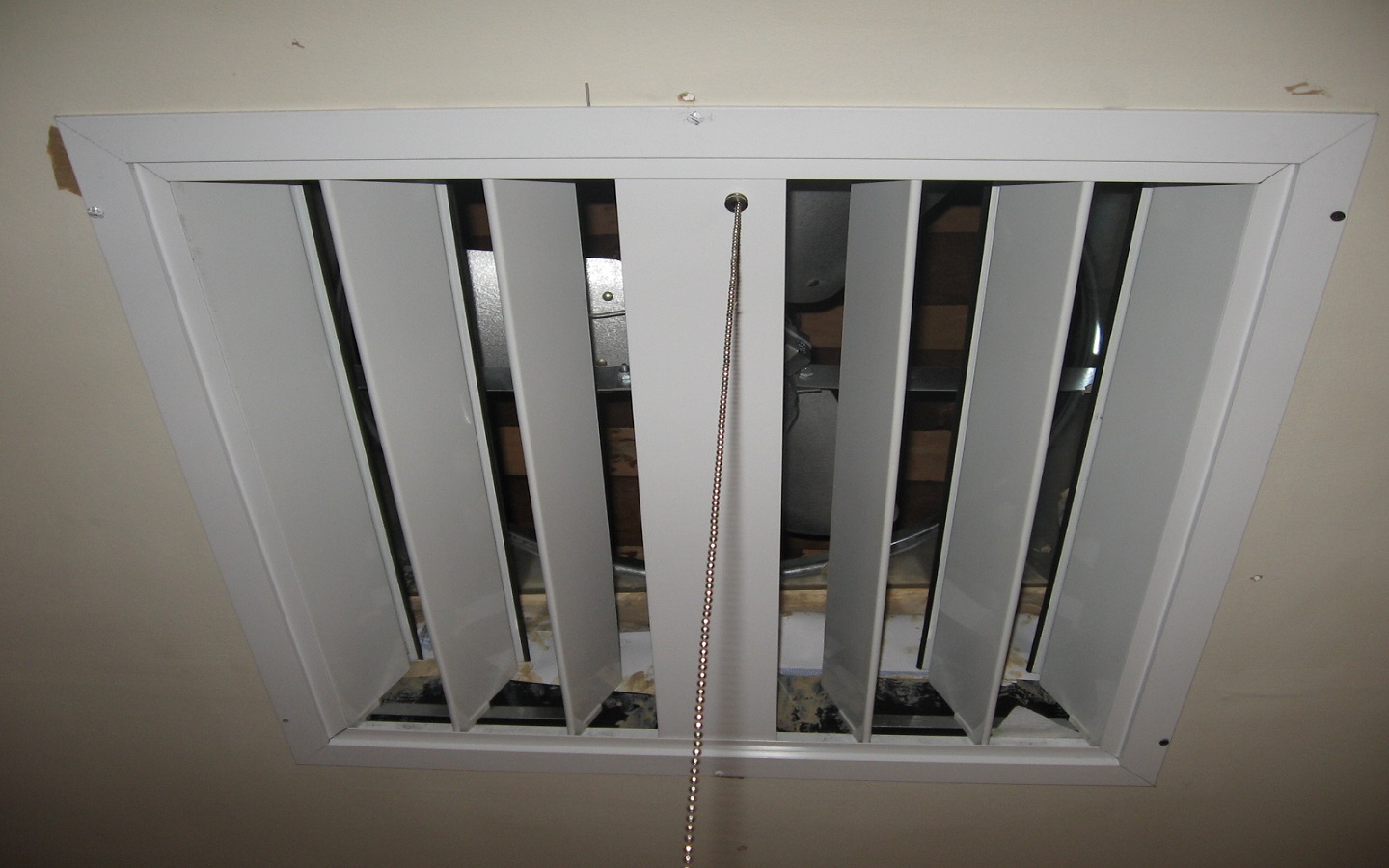
Humidity mainly depends on water vaporization and condensation. But you don’t need to know all the reasons how your house can build up water vapor in the summer. The burning heat of the Sun is enough to turn your house into a vaporizer. And if you happen to live on the top floor of your building, you can easily relate to what I am talking about. To tackle the issue, one of the most effective tips to reduce humidity would be to aid the help of exhaust fans. Since it exhausts the warm air out of your house, incorporating exhaust fans can dramatically reduce heat within the house. In effect, it also reduces excess moisture from the air. So use the fan actively, especially during activities such as cooking. This will help you greatly in reducing indoor humidity.
Routinely Open and Close Your Doors and Windows
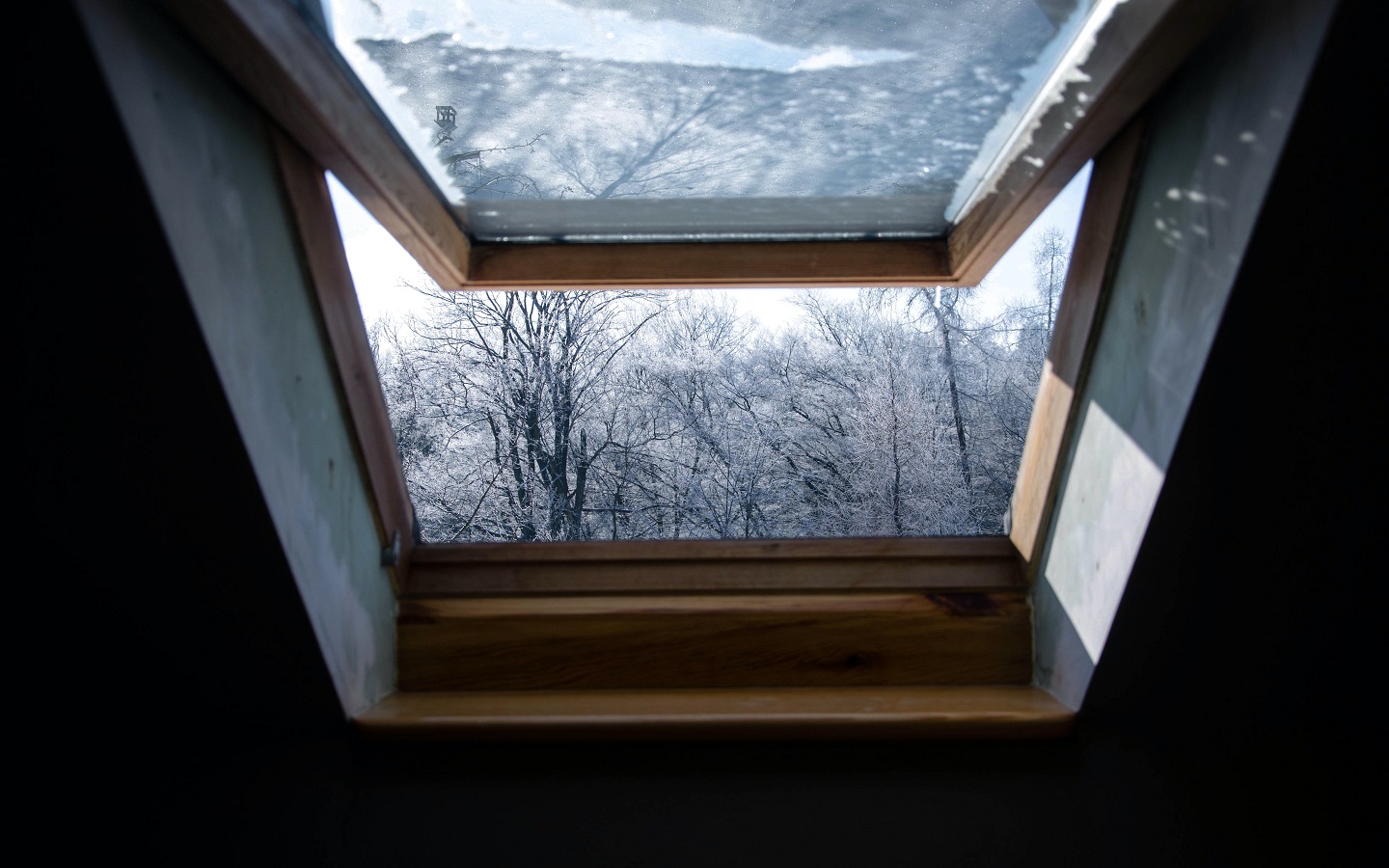
Always keep your house well ventilated by allowing air to circulate through every corner of your house. One of the ways that can help you create air circulation easily is to keep your windows and doors open routinely for a certain period of time. This allows your home to naturally breathe fresh air in and out. As a result, the overall temperature will stay in check, which, in turn, will bring the humidity down. Be careful though, as keeping your windows open for a long time can also raise unwanted issues such as dust and mosquito problems. Maintain a routine or allocate time of when to keep your windows and doors open and closed.
Incorporate Humidity Absorbing Plants
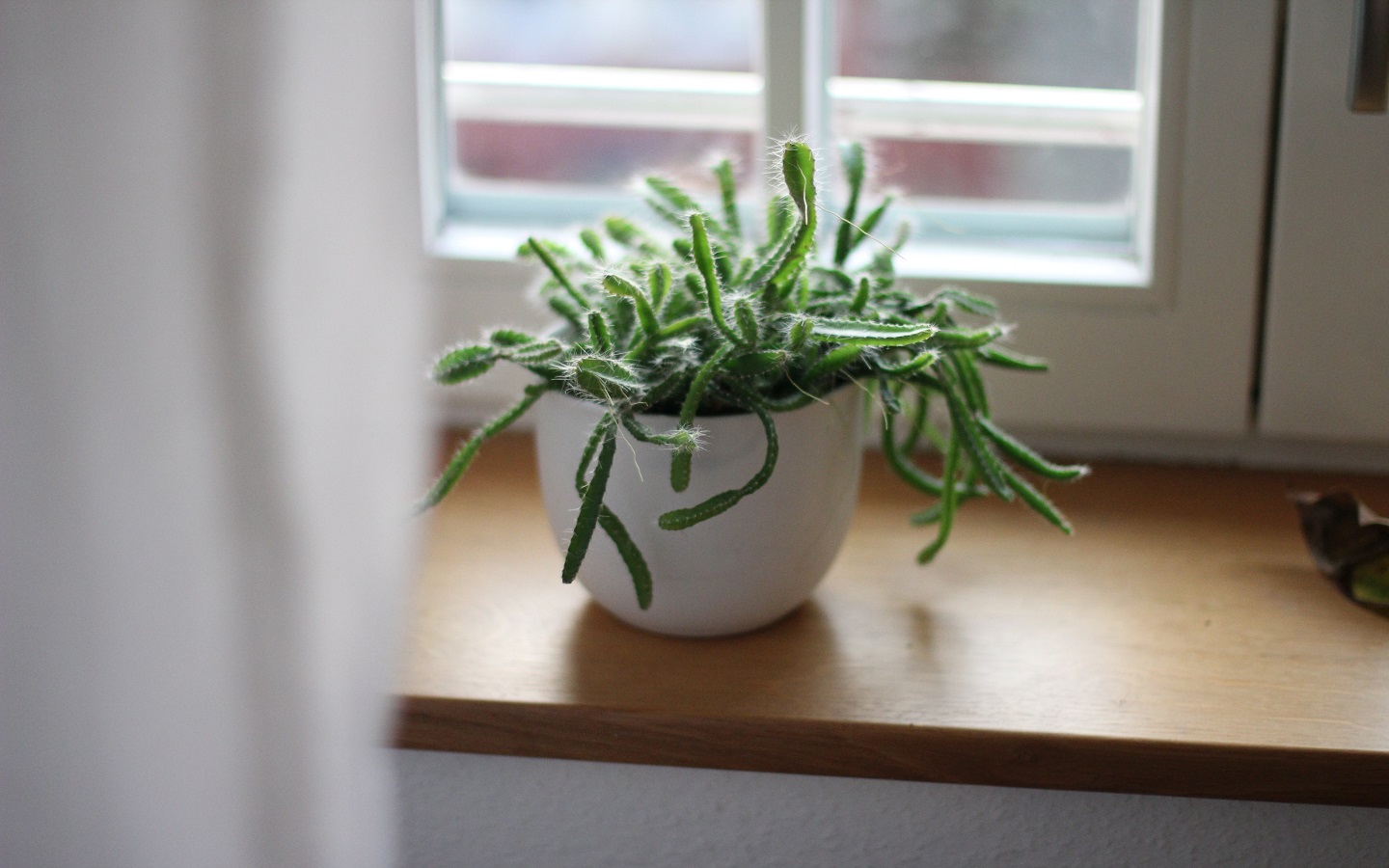
While plants can release a considerable amount of moisture into the air, some of them can actually absorb it. Incorporating these specific indoor plants can turn out to be a great help when used in conjunction with other humidity reducing solutions. For example, palm trees are amazing at absorbing moisture and thrive in tropical and humid areas. Reed Palms are no different. Ferns are also exceptional when it comes to absorbing moisture. And you can easily find these kinds of plants in most nurseries.
Take Extra Care of Your Kitchen and Bathroom
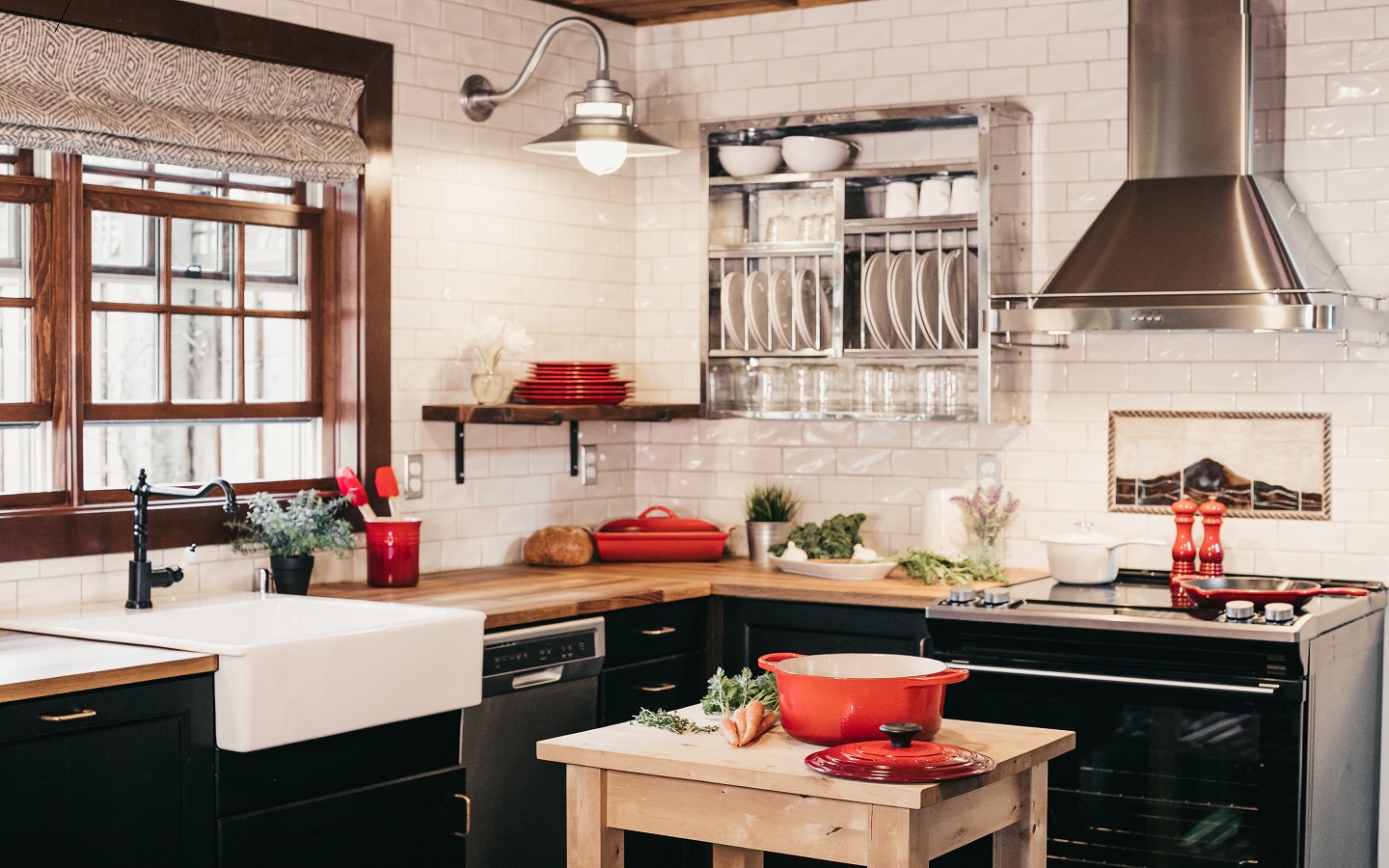
The kitchen and the bathroom in your house can play big roles when it comes to bringing humidity levels down. Always keep your kitchen dry and clean. Assimilate an exhaust fan or install a kitchen chimney for moisture absorption. Install exhaust fans in your bathrooms too. And make sure to turn them on routinely. Lowering the temperature of your shower just a few degrees will reduce the steam and in effect also help with humidity levels.
Use a Dehumidifier or Air Conditioner
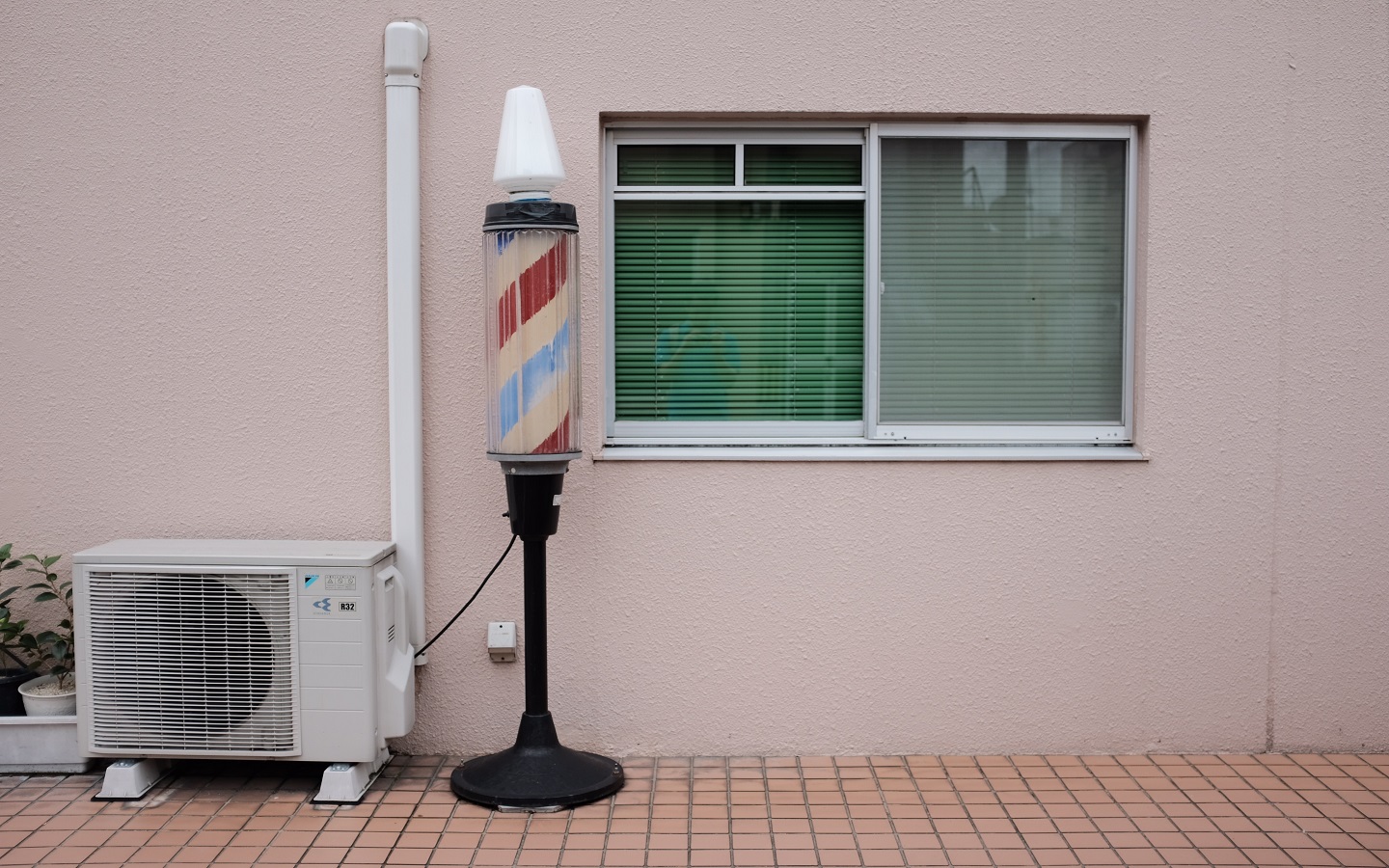
After all these things, if you still find it difficult to control the humidity within your home, consider using a dehumidifier or air conditioner in your home. If you are on a budget, consider investing in a dehumidifier. As simple as it sounds a dehumidifier removes excess moisture from the air as it passes through it. One of the biggest advantages of using a dehumidifier is that it can reduce the humidity without having to cool down the entire room or home. You also have the ability to control moisture levels. There are plenty of options when it comes to models and prices. Get an air conditioner instead if you like to keep it cool! Also, make sure to clean the filter regularly.
It is ideal to have a humidity level of 30 – 50% in your home. Otherwise, it can cause multifarious problems. So it is important to monitor the moisture level in your home from time to time. You don’t need to purchase a hygrometer for that. Just a simple humidity monitoring app from your app store can give you a pretty accurate humidity reading. Other than these simple tips to reduce humidity within your home, try to keep everything in your house dry and clean.
Do let us know if you find this article helpful? Share your thoughts in the comments section below.

